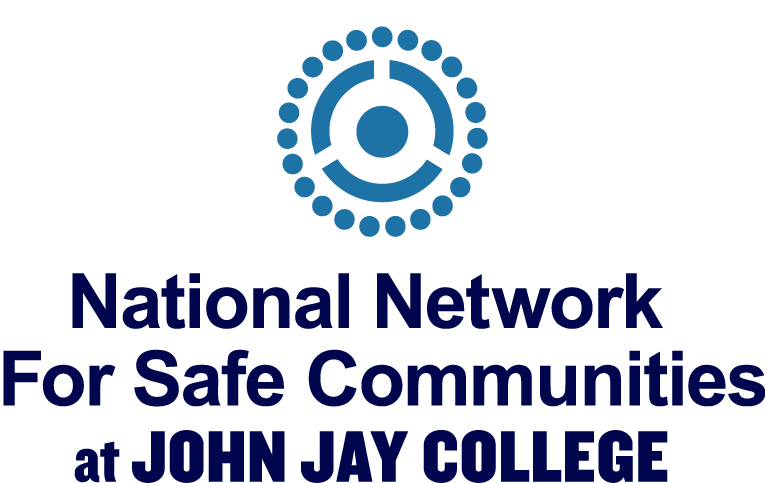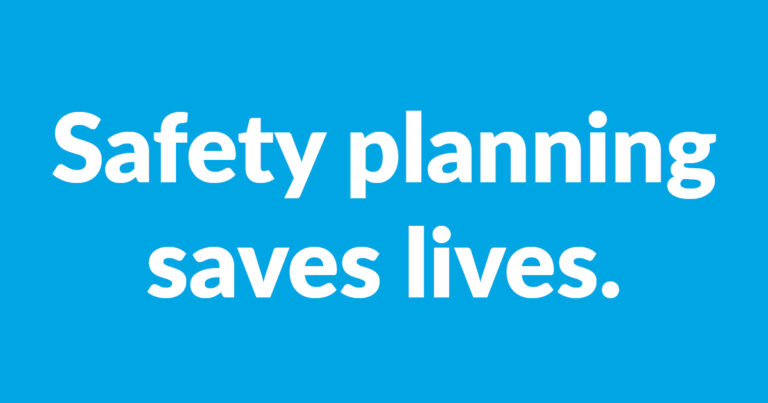
Safe, Alive, and Free: Safety Planning for Community Violence Clients
NNSC supports cities by implementing evidence-based strategies that improve public safety. NNSC’s strategies place attention and resources on people who are most at risk of
The Prison Violence Intervention (PVI) aims to enhance safety and security in prisons for both staff and incarcerated people, and create the conditions necessary for treatment, rehabilitation, and effective reentry. PVI relies on direct communication with incarcerated people through call-ins, as well as briefings during intake and documents distributed to cells, to deliver an anti-violence message from community members, information about consequences for further violence, and an offer of help for those who want it. The strategy uses the National Network’s process to identify the institution’s key players and target serious prison offenses such as assaults against staff, multi-prisoner fights, and assaults with weapons.
In call-in meetings, prison staff informs incarcerated persons that further violence by any member of a group will result in swift, certain consequences for its members—things meaningful to prisoners, like limits on telephone privileges, personal radio use, television access, or time in the yard. The prison also invites family, influential community members, and formerly incarcerated people to speak to prisoners, sharing their experiences with the damage caused by group-related violence. Finally, prison staff explain the help they can offer—opportunities like substance abuse counseling, and GED and vocational classes aimed at making good use of their time and helping them come out prepared.
Initial reports from the Washington State Department of Corrections, where the strategy was piloted, suggest that it has resulted in significant decreases in violent acts against staff and other prisoners.
Warner, B., Pacholke, D., & Kujath, C. (2014). Operation Place Safety: First Year in Review. Washington Department of Corrections, Unpublished Report.

NNSC supports cities by implementing evidence-based strategies that improve public safety. NNSC’s strategies place attention and resources on people who are most at risk of
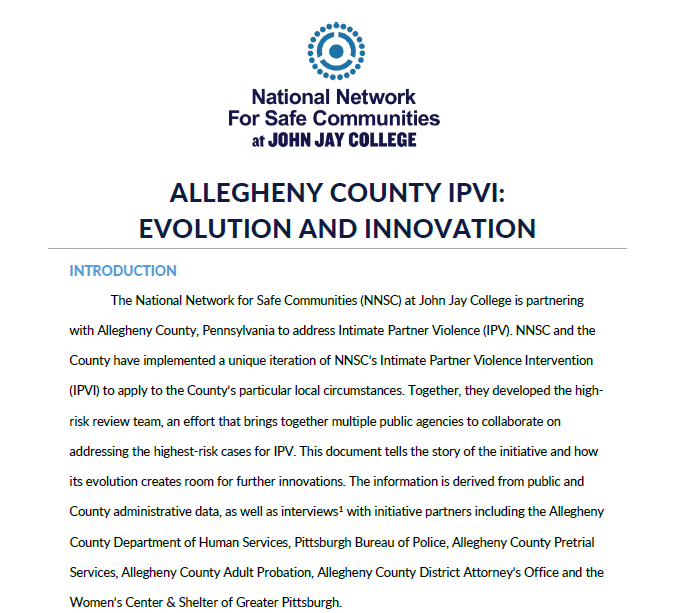
NNSC and Allegheny County, Pennsylvania have implemented a unique iteration of NNSC’s Intimate Partner Violence Intervention (IPVI) to apply to the County’s particular local circumstances.
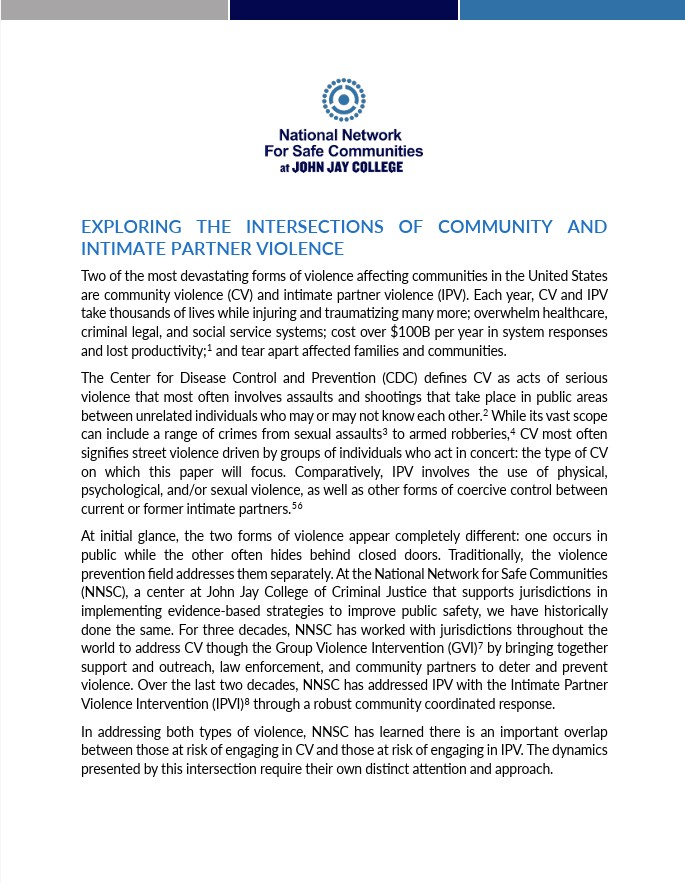
Two of the most devastating forms of violence affecting communities in the United States are community violence (CV) and intimate partner violence (IPV). Each year,
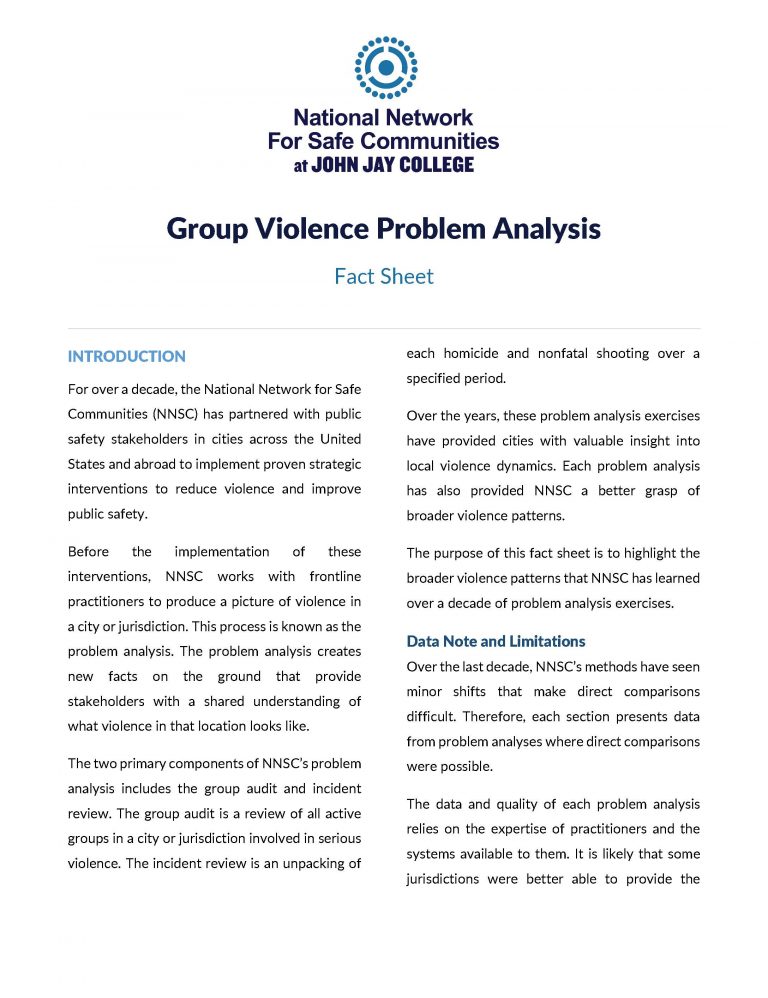
The two primary components of NNSC’s problem analysis includes the group audit and incident review. The group audit is a review of all active groups
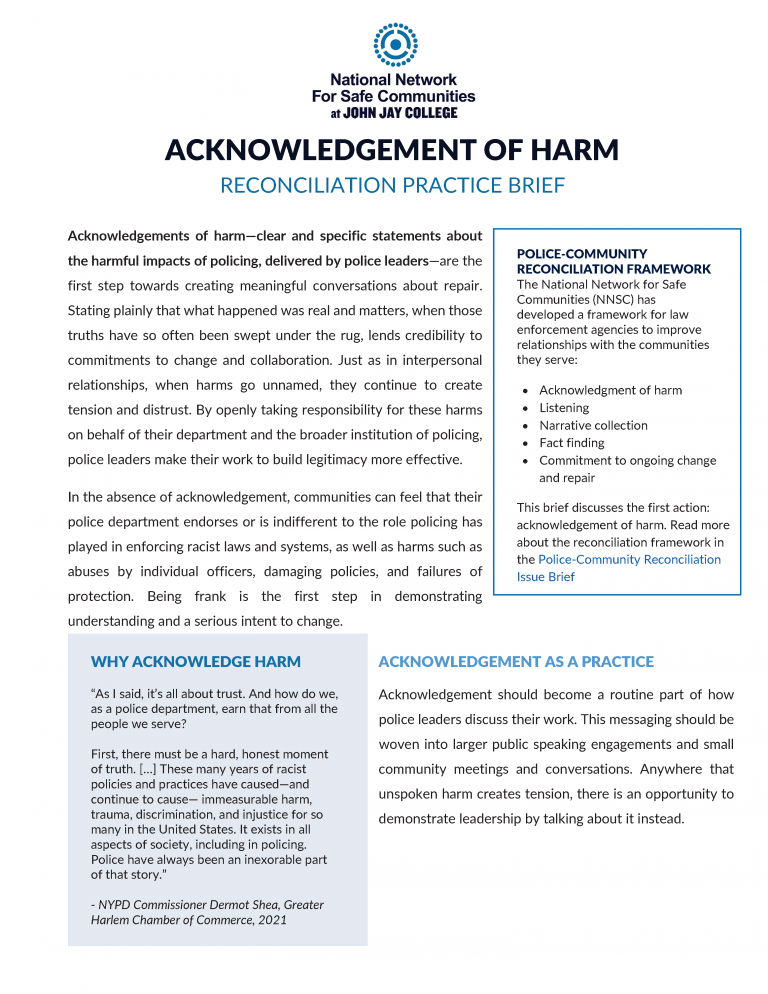
Acknowledgements of harm—clear and specific statements about the harmful impacts of policing, delivered by police leaders—are the first step towards creating meaningful conversations about repair. Stating plainly that what happened was real and matters, when those truths have so often been swept under the rug, lends credibility to commitments to change and collaboration. Just as in interpersonal relationships, when harms go unnamed, they continue to create tension and distrust. By openly taking responsibility for these harms on behalf of their department and the broader institution of policing, police leaders make their work to build legitimacy more effective.
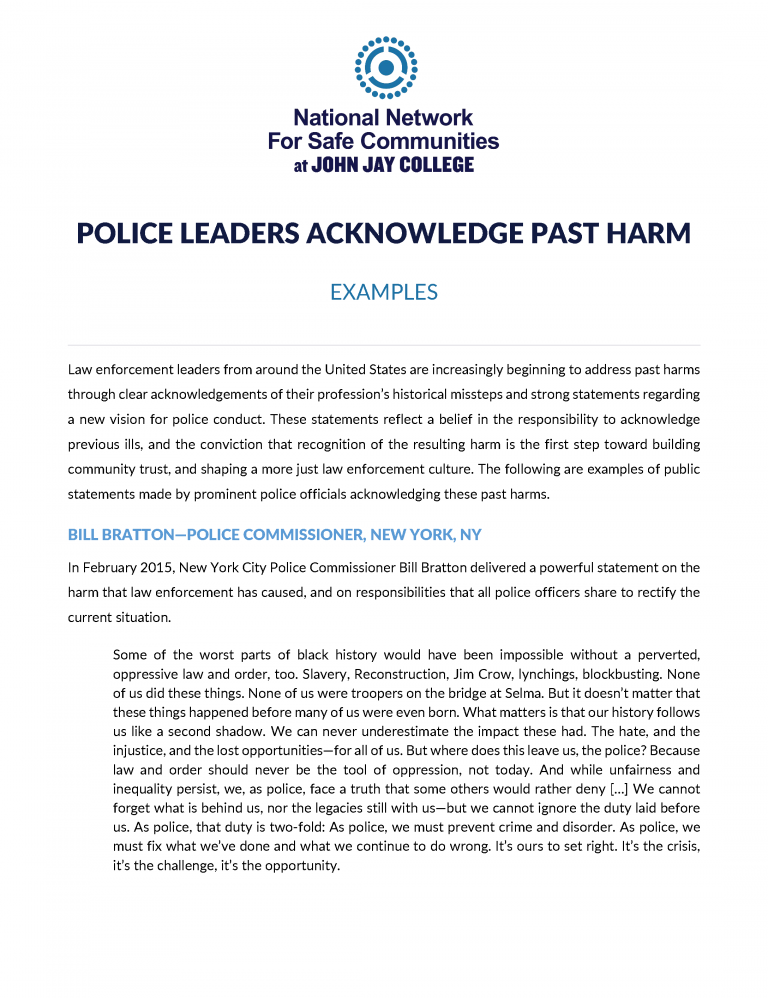
Law enforcement leaders from around the United States are increasingly beginning to address past harms through clear acknowledgements of their profession’s historical missteps and strong statements regarding a new vision for police conduct. These statements reflect a belief in the responsibility to acknowledge previous ills, and the conviction that recognition of the resulting harm is the first step toward building community trust, and shaping a more just law enforcement culture. The following are examples of public statements made by prominent police officials acknowledging these past harms.
Contact us to start a conversation about implementing the Prison Violence Intervention.
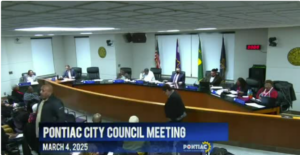
City staff and community partners begin training to address violence and juvenile involvement.

To tackle gun violence in Pine Bluff and Jefferson County, members of Group Violence Intervention are learning about call-ins with would-be offenders as a way
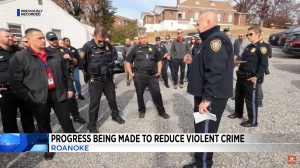
The city of Roanoke is making strides in its efforts to reduce violence, with significant progress reported in recent months. The city’s Group Violence Intervention
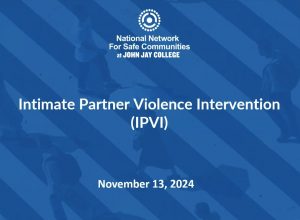
Through the Statewide Targeted Reductions in Intimate Partner Violence initiative (STRIVE), $35 million dollars will be invested to enhance safety and responses to victims. This
Office: 500 W. 56th St., Suite #031W • New York, NY 10019
Mailing: 524 W. 59th St., Suite #031W • New York, NY 10019
National Network for Safe Communities (NNSC) operates as a fiscally sponsored project of the Research Foundation of the City University of New York (RFCUNY)
